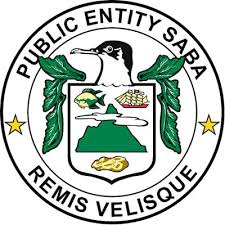World Recycling Day is observed every March, a day dedicated to raising awareness about the importance of recycling, sustainable waste management, and the global efforts required to preserve our planet. The theme of this day varies year to year, but the core message remains the same: how we handle waste today will shape the future of our planet. Recycling, reducing waste, and promoting circular economies are crucial steps in that process.
While many larger countries and cities have comprehensive waste management programs, there are places, like Saba, that may not always make headlines but are making remarkable strides in their own unique ways. Saba, a small Caribbean island part of the Netherlands, is a great example of how even small communities can have a big impact on the fight for a sustainable future.
Recycling is more than just sorting your bottles and cans; it's about minimizing our environmental impact. Recycling helps reduce the need for raw materials, conserves energy, decreases pollution, and mitigates climate change. In fact, for every ton of waste that’s recycled, up to 1.5 tons of CO2 emissions can be saved. On a global scale, recycling is a critical solution to managing the massive amounts of waste we produce daily, especially in an era of increasing urbanization and consumerism.

Saba, known for its stunning landscapes and eco-tourism initiatives, is also dedicated to managing its waste responsibly, despite being one of the smallest islands in the Caribbean. As a community where environmental preservation is a priority, the island has implemented a number of key strategies to reduce waste, promote recycling, and improve the overall sustainability of its practices.

Saba’s waste management strategy starts with reducing waste generation at the source. The island encourages its residents and visitors to minimize their use of single-use plastics and to embrace sustainable alternatives. Local businesses are actively involved in reducing packaging waste, and educational programs in schools promote the importance of reusing materials whenever possible. By fostering a culture of reduction and reuse, Saba is able to keep the amount of waste it generates to a minimum.
Recycling in Saba has come a long way in recent years, largely due to the concerted efforts of local government and environmental organizations. Saba’s recycling program focuses on a range of materials, including plastics, paper, glass, and metals. Residents are encouraged to separate their recyclables into designated bins at various collection points around the island, making it easy to dispose of waste responsibly.

What truly sets Saba apart is its emphasis on community engagement. Recycling is not just an afterthought—it is embedded in the local culture. Schools, community organizations, and government agencies work together to teach the value of recycling from an early age, ensuring that residents understand the impact of their waste and how they can make a difference. Saba also regularly hosts community clean-up events and waste awareness campaigns, making it easy for both residents and visitors to get involved in waste reduction initiatives. The active involvement of the island’s residents in these events helps to build a strong sense of collective responsibility.

Boomerang Saba has made a remarkable impact on waste reduction and sustainability. Over the past year, the shop has saved thousands of items from being discarded, including furniture, books, clothing, and household items, as shown in the image to the right. By giving new life to these goods, Boomerang promotes a culture of reuse and upcycling, reducing landfill contributions while supporting the island's residents with affordable and sustainable options. This initiative embodies the spirit of World Recycling Day, demonstrating how small communities can lead by example in the globale movement toward a circular economy. In addition to the Boomerang circular shop, Saba is also home to the Red Cross thrift shop, which plays a crucial role in keeping large amounts of clothing out of the island’s waste management system. By giving pre-loved garments a second life, the shop not only reduces textile waste but also promotes a culture of conscious consumerism. More than just a place to find affordable clothing, it encourages a shift in mindset—one where wearing thrifted fashion is seen as something to be proud of rather than turning to fast fashion, which has a heavy environmental toll.
While Saba has made impressive strides, there are still challenges to overcome. The island’s small size means that it is highly dependent on external suppliers for goods, which results in waste from packaging and products that are often difficult to recycle or compost.
Saba’s approach to waste management is an inspiring example for other small islands facing similar challenges. With limited space and resources, Saba has shown that it is possible to create a comprehensive waste management system that promotes recycling, composting, and reducing waste at the source. The island’s commitment to environmental stewardship not only benefits its residents but also sets a positive example for other communities around the world.
The initiatives of SLF to conduct waste management outreach and education on Saba is supported by the Nature and Environment Policy Plan and Public Entity Saba.





Comments